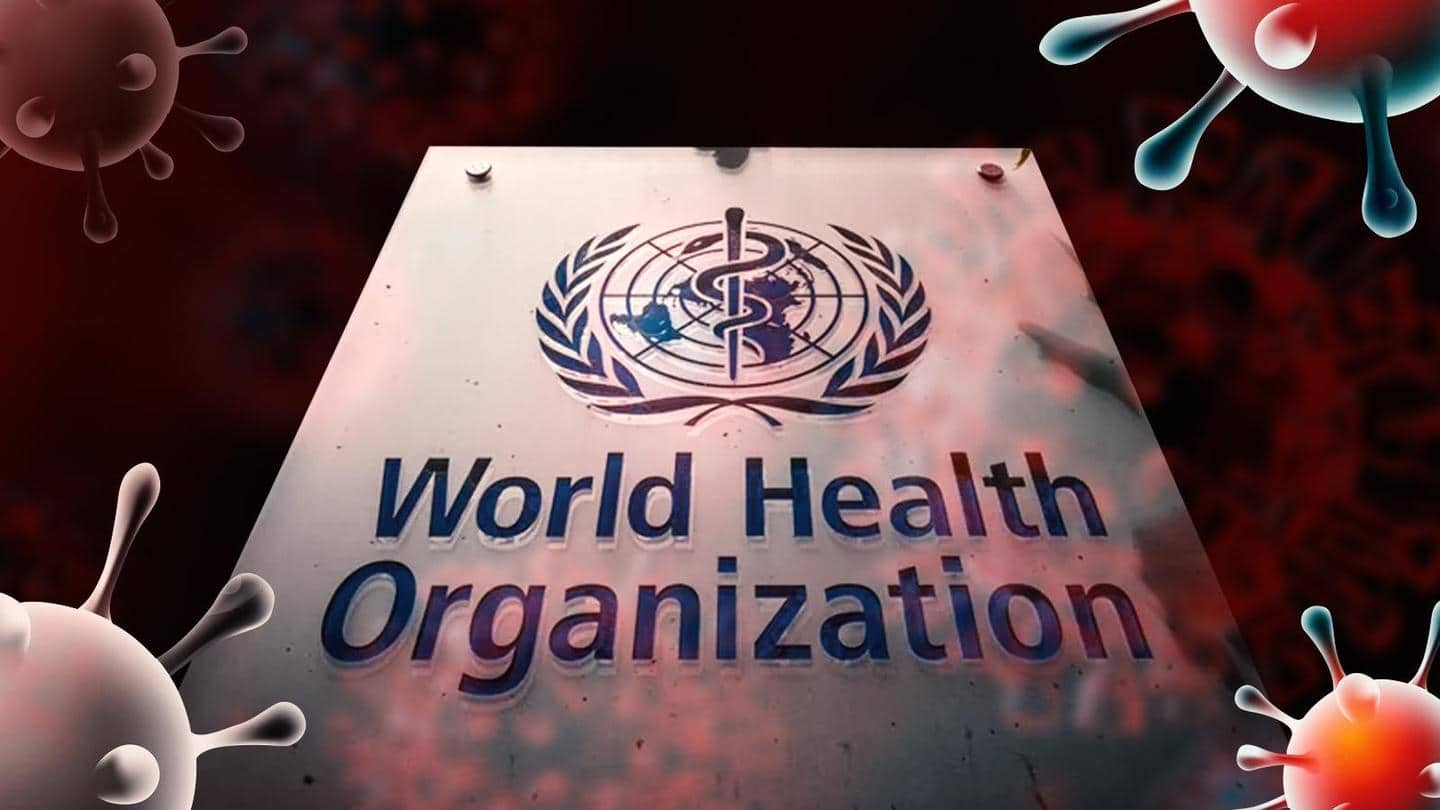
COVID-19 origin: China rejects further WHO probe, calls it 'political'
What's the story
China on Friday rejected the World Health Organization's (WHO) request for a renewed probe into the origins of the COVID-19 outbreak.
The country said it supports "scientific" over "political" efforts to find out how the virus emerged.
This comes a day after the WHO urged China to share data from the earliest COVID-19 cases to revive its probe into the origins of the disease.
Details
What did China say?
China's Vice Foreign Minister Ma Zhaoxu said it is not against "scientific tracing" of COVID-19 origins but rejects "political tracing."
Referring to WHO's report on COVID-19 origins in April, Zhaoxu said, "Conclusions and recommendations of WHO and China joint report were recognized by the international community and the scientific community."
He stressed further research on the issue can only be based on that report.
Information
What did WHO say in its earlier report?
A report published by the WHO earlier this year said it is most probable that the virus jumped from bats to humans through an intermediate animal. It noted that an alleged laboratory leak was "extremely unlikely."
Context
Pressure mounting on China as 'lab leak' theory gains momentum
However, pressure is mounting on China to consider a fresh probe into COVID-19 origins as both the United States and WHO are not willing to rule out the possibility that the virus leaked from a Chinese laboratory.
US President Joe Biden had also ordered officials to investigate that possibility.
Last month, WHO chief Dr. Tedros Adhanom Ghebreyesus acknowledged the possibility of a lab leak.
Quote
Lab accidents happen, it's common: WHO chief
In July, Ghebreyesus had said, "Lab accidents happen. It's common." He stated that the "lab leak" theory can be omitted only if the WHO gets all the information "on what the situation of this lab was before and at the start of the pandemic."
Experts
Experts support rigorous investigation into the issue
Meanwhile, Peter Ben Embarek, a Danish scientist, said that a lab employee infected while taking samples is a likely manner in which the virus may have passed from bats to humans.
He highlighted that the suspected bats were not from the Wuhan region and it is possible that workers from the Wuhan lab approached them first, FRANCE 24 reported.
Background
China had earlier delayed WHO team's visit to Wuhan
The visit by WHO's team of international experts was mired in delays after China initially halted approval for the researchers' entry.
The team finally visited Wuhan in January 2021 to produce a first phase report, which was written in collaboration with their Chinese counterparts.
Embarek, who led that mission, had earlier said "politics was always in the room with us" during the Wuhan visit.